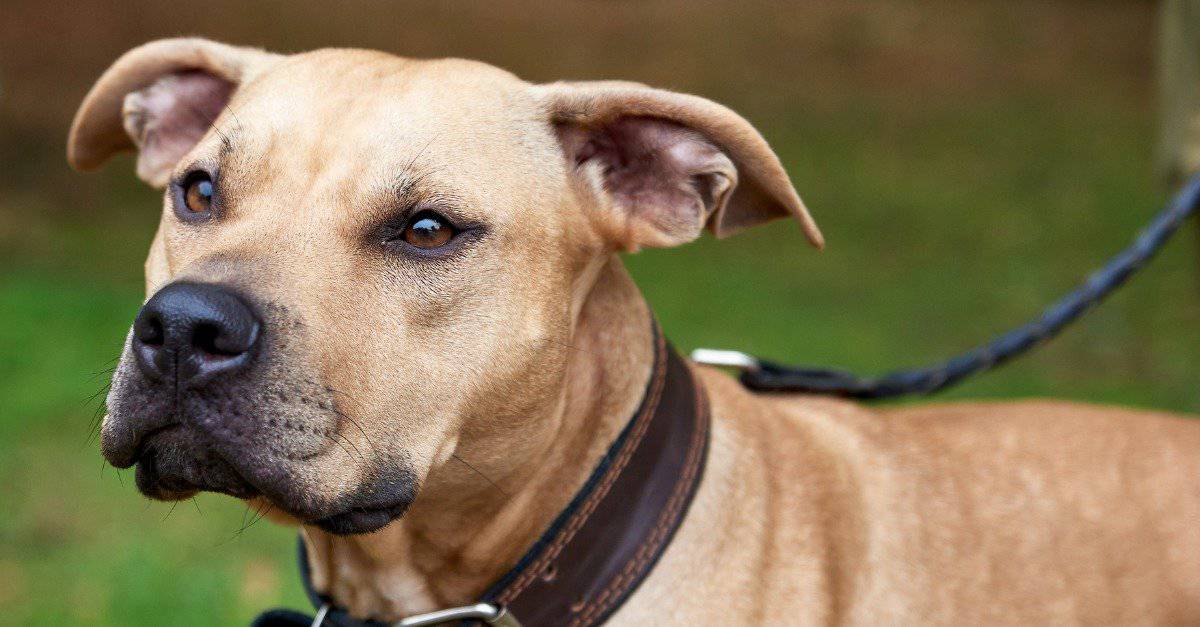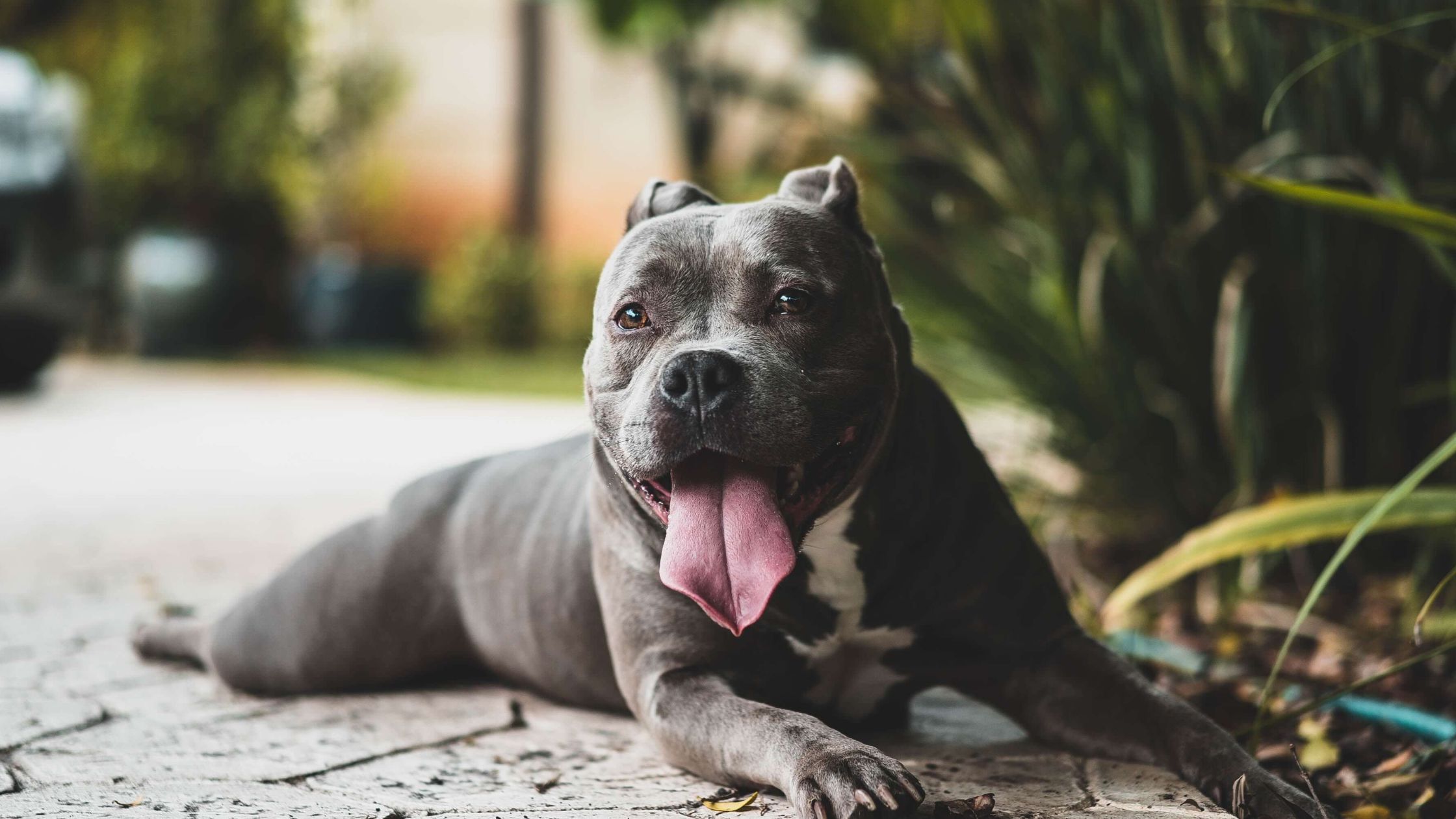Did you know that the lifespan of a pitbull is often misunderstood? Many people perceive pitbulls to have a short life expectancy due to their strong and muscular build. However, the truth is quite different. Despite their somewhat intimidating appearance, pitbulls can actually live long and fulfilling lives, sometimes reaching up to 12-15 years or more with proper care and a healthy lifestyle.
Pitbulls, like any other dog breed, vary in their lifespan depending on various factors. While genetics do play a role, the most significant aspect of a pitbull’s longevity lies in the level of care they receive. Regular exercise, a balanced diet, routine veterinary check-ups, and a safe and loving environment all contribute to a pitbull’s overall health and lifespan. It is crucial to remember that each dog is unique, and providing a pitbull with the right care can significantly increase their chances of living a long and happy life.
When it comes to the lifespan of a pitbull, several factors come into play. On average, pitbulls live between 12 to 16 years, but their lifespan can vary based on genetics, health conditions, diet, and overall care. Providing a balanced diet, regular exercise, routine veterinary check-ups, and a loving environment are key to ensuring your pitbull lives a long and healthy life. Remember, every pitbull is unique, so individual results may vary.

How Long Does a Pitbull Last? Exploring the Lifespan of These Powerful Dogs
When considering getting a dog, many people want to know how long they can expect their furry friend to be by their side. For those interested in pitbulls, it’s natural to wonder about their lifespan. In this article, we will delve into the question, “How long does a pitbull last?” and explore the various factors that can influence their longevity. From genetics and breed characteristics to health considerations and lifestyle choices, we will provide you with a comprehensive understanding of the typical lifespan of a pitbull.
1. Genetics and Breed Characteristics
The lifespan of a pitbull is primarily influenced by its genetics and breed characteristics. Pitbulls are a type of dog that encompasses several breeds, including the American Pit Bull Terrier, Staffordshire Bull Terrier, and American Staffordshire Terrier. These breeds are known for their strength, agility, and loyalty. On average, the lifespan of a pitbull ranges from around 10 to 15 years. However, it’s important to note that individual dogs can vary within this range based on their specific genetics and breeding.
To ensure a longer and healthier life for your pitbull, it is crucial to obtain them from a reputable breeder who prioritizes the health and well-being of their dogs. A responsible breeder will conduct health screenings and genetic testing to minimize the risk of hereditary diseases and conditions that can affect the lifespan of the dog. By selecting a pitbull with a strong genetic foundation, you can increase the chances of enjoying their companionship for many years to come.
Signs of a Healthy Pitbull
When getting a pitbull, it’s essential to recognize the signs of a healthy dog. Look for bright and alert eyes, a shiny coat, clean ears, and healthy teeth and gums. A healthy pitbull will have a good appetite, be active, and display a playful and friendly demeanor. Regular veterinary check-ups, a balanced diet, and appropriate exercise are vital to maintaining your pitbull’s overall health and extending their lifespan.
2. Health Considerations
While pitbulls are generally robust and resilient dogs, there are certain health considerations that can impact their lifespan. Like all dog breeds, pitbulls can be prone to certain genetic health conditions, such as hip dysplasia, heart disease, and allergies. These conditions can affect their quality of life and potentially reduce their lifespan if left untreated or mismanaged.
It is crucial to be proactive in caring for your pitbull’s health by providing them with regular veterinary check-ups, vaccinations, and parasite prevention. Early detection and prompt treatment of any health issues are key to ensuring your pitbull’s long-term well-being. Additionally, maintaining a healthy diet, regular exercise, and proper weight management are vital for their overall health and longevity.
Health Tips for Pitbull Owners
To keep your pitbull healthy and thriving, follow these essential health tips:
- Provide a balanced and nutritious diet specifically formulated for pitbulls.
- Ensure they have access to clean and fresh water at all times.
- Keep up with regular vaccinations and parasite prevention medications.
- Engage in daily exercise and mental stimulation to prevent obesity and promote overall well-being.
- Regularly groom your pitbull, including brushing their coat, cleaning their ears, and trimming their nails.
By prioritizing your pitbull’s health and well-being, you can maximize their lifespan and enjoy a long and happy life together.
3. Lifestyle Factors
In addition to genetics and health considerations, lifestyle factors play a significant role in determining how long a pitbull can last. The environment in which a pitbull lives, the level of physical activity they engage in, and the care and attention they receive can all influence their lifespan.
Pitbulls are energetic and intelligent dogs that require regular exercise and mental stimulation. They thrive in an environment where they have ample opportunities to run, play, and interact with their human family members. By providing them with a well-balanced lifestyle that includes daily exercise, training, and socialization, you can help ensure their physical and mental well-being, which can contribute to a longer lifespan.
Creating an Enriching Environment for Your Pitbull
To create an enriching environment for your pitbull, consider the following tips:
- Provide a safe and secure backyard or living space where they can freely move and explore.
- Engage in daily exercise routines, such as walks, runs, or playtime in the park.
- Offer interactive toys and puzzles to keep their mind stimulated.
- Enroll in training classes or engage in regular obedience training to provide mental challenges and strengthen your bond.
- Socialize your pitbull with other dogs and humans to encourage positive interactions and reduce anxiety or aggression.
By incorporating these lifestyle factors into your pitbull’s routine, you can enhance their overall well-being and help them live a longer and happier life.
4. Pitbull Lifespan Variation
While the average lifespan of a pitbull falls within the range of 10 to 15 years, it is essential to note that individual dogs can vary. Various factors, such as genetics, health conditions, and lifestyle choices, can influence the longevity of a pitbull. Some pitbulls may live beyond the average lifespan, while others may have a shorter life expectancy due to certain circumstances.
Every pitbull is unique, and their lifespan can be influenced by factors that are both within and beyond our control. It is essential to cherish the time we have with our pitbulls and prioritize their health and well-being to ensure they live a fulfilling life for as long as possible.
Conclusion
While answering the question, “How long does a pitbull last?” requires considering various factors, including genetics, health considerations, and lifestyle choices, it is safe to say that, on average, pitbulls can live between 10 to 15 years. By understanding the breed’s characteristics, recognizing signs of a healthy dog, prioritizing their health, and providing a stimulating environment, pitbull owners can maximize their furry companion’s lifespan and enjoy many years of love, loyalty, and companionship.
Key Takeaways: How Long Does a Pitbull Last?
- Pitbulls have an average lifespan of 12 to 15 years.
- Proper care, nutrition, and exercise can help extend a pitbull’s lifespan.
- Regular veterinary check-ups and vaccinations are essential for the health and longevity of pitbulls.
- Genetic factors and breed-specific health issues can influence a pitbull’s lifespan.
- A loving and nurturing environment with socialization and training contributes to a pitbull’s overall well-being and lifespan.
Frequently Asked Questions
Welcome to our FAQ section! Here, we have answered some common questions related to the lifespan of a pitbull. Read on to learn more about how long these lovable dogs usually live.
What is the average lifespan of a pitbull?
The average lifespan of a pitbull typically ranges from 12 to 15 years. However, with proper care, nutrition, and regular veterinary check-ups, some pitbulls can even live up to 16 or 17 years.
It’s important to note that the lifespan of a pitbull can be influenced by various factors such as genetics, overall health, and the quality of care they receive from their owners.
What can I do to help increase the lifespan of my pitbull?
To help increase the lifespan of your pitbull, there are several steps you can take. Firstly, provide a nutritious and balanced diet that is appropriate for their age and specific needs. Regular exercise is also crucial to keep your pitbull physically fit and mentally stimulated.
Regular veterinary check-ups and vaccinations are essential for early detection and prevention of any potential health issues. Additionally, maintaining good dental hygiene, providing a safe and comfortable living environment, and giving them lots of love and attention can positively impact their overall well-being and lifespan.
Are there any health conditions that pitbulls are prone to?
While pitbulls are generally healthy dogs, they can be prone to certain health conditions. Some common health issues that pitbulls may face include hip dysplasia, allergies, obesity, and certain types of cancer. Regular vet check-ups can help identify and address these issues early on.
Responsible breeders who prioritize health and genetics can help minimize the risk of these conditions. It’s important to choose a reputable breeder and ask for health clearances and certifications before adopting a pitbull.
Can pitbulls live comfortably in apartments or small living spaces?
Yes, pitbulls can live comfortably in apartments or small living spaces. Despite their energetic nature, they can adapt well to different environments as long as they receive adequate exercise and mental stimulation. Regular walks, access to safe outdoor spaces, and interactive playtime can help meet their exercise needs even in smaller living areas.
Provided they receive enough physical and mental stimulation, pitbulls can thrive in apartments, condos, or any other type of home, as long as their owners are committed to meeting their needs.
What can I do to ensure my pitbull lives a happy and fulfilling life?
To ensure your pitbull lives a happy and fulfilling life, there are a few key things to keep in mind. First and foremost, provide them with a loving and nurturing environment. Spend quality time with your pitbull, shower them with affection, and make them feel like a valued member of the family.
Additionally, ensure they have access to regular exercise, mental stimulation, and socialization. Positive reinforcement-based training can help them be well-behaved and build a strong bond with you. Lastly, stay on top of their overall health by scheduling routine check-ups, vaccinations, and maintaining a healthy diet and grooming routine.

Pitbull Lifespan – How Long Can Pit Bulls Live On Average?
Summary
So, how long does a pitbull last? Well, the lifespan of a pitbull can vary, but on average, they live for about 12 to 14 years. This means you can have many wonderful years with your furry friend!
To ensure a healthy and happy life for your pitbull, it’s important to provide them with proper nutrition, regular exercise, and routine vet check-ups. By taking good care of them, you can enjoy a long-lasting companionship with your pitbull.
